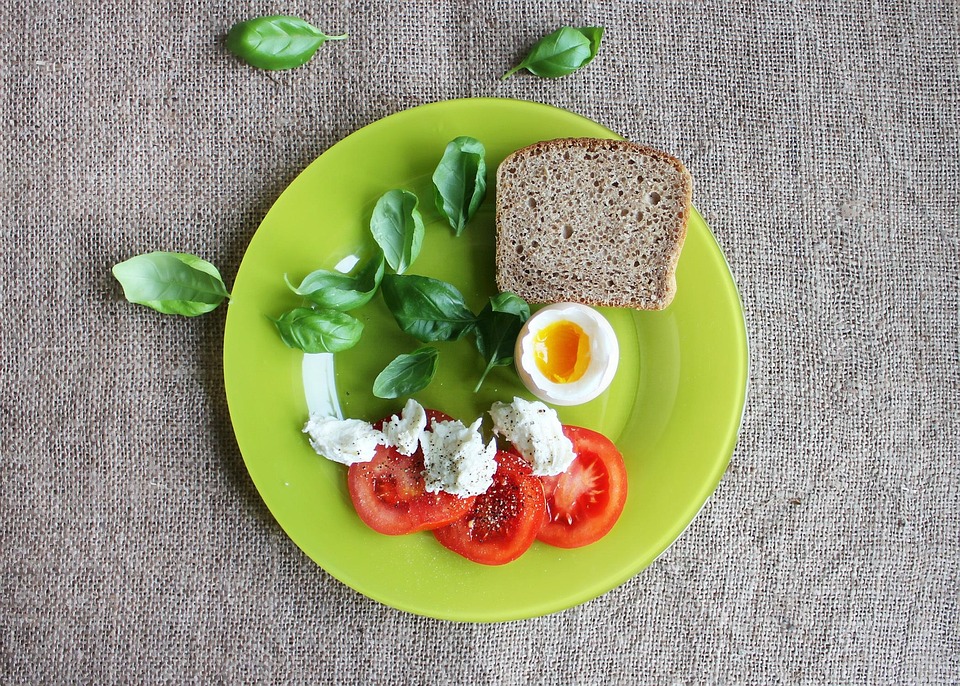What’s the Best Way to Store Boiled Eggs?
Boiled eggs are a fantastic, budget-friendly protein source, but let’s be honest—sometimes they go bad before you can finish them. Whether you’re saving eggs for a family event or trying to stock up for the week, knowing how to store boiled eggs properly can save you from a lot of wasted food. Plus, storing them right can even keep them super crisp and flavorful for longer. So, let’s dive into the best way to store boiled eggs to keep them fresh and delicious for as long as possible.
1. The Best Container for Boiled Eggs
Choosing the right container is key to preserving the quality of boiled eggs. Here’s why:
- Refrigerator: Eggs will keep for about 2-3 days once boiled and cooled. By storing them in the crisper drawer, you can extend that time to about 3-4 days.
- Fridge Stereo System: A shallow container like a mason jar or egg carton works best. Just make sure to leave a little space for expansion.
- Freeze: If you’re into the long game, you can freeze boiled eggs for up to 4-6 months. Just pack them tightly to prevent freezer burn.
Quick Tip: Avoid using plastic or glass containers because they can cause the eggs to smash or develop mold.
2. Temperature Matters
Temperature plays a big role in how long boiled eggs stay fresh. Here’s the deal:
- Storage Temperature: Eggs should be kept at room temperature (around 60-70°F) when not in use. This will help them maintain their quality for about 2-3 days.
- Refrigerator: If you’re storing them for a few days, refrigerating is the way to go. Eggs will last about 3-4 days in the fridge.
- Freezer: For the longest shelf life, popping them into the freezer for 4-6 months is your best bet.
Tip: Double-check the temperature of your refrigerator or freezer to ensure it’s at least 38°F (4°C) for storage.
3. Humidity and the Art of Preserving
Humidity can be your best friend—or your worst enemy—when it comes to storing eggs. Here’s how to handle it:
- High Humidity: If you’re storing eggs in a damp environment, let them sit out for 1-2 days before packing them up. This helps the eggs dry out and extends their freshness.
- Low Humidity: In a dry climate, you can keep boiled eggs refrigerated for up to 4 days.
Quick Tip: If you’re storing eggs in a space with high humidity, consider placing a dry liner underneath to catch any moisture.
4. A Quick Tip for Preserving Eggs
If you’re short on storage space, here’s a hack that works wonders:
- Layering: Use a small, airtight container to hold your boiled eggs and nestle them in a larger container filled with paper towels or a clean kitchen towel. This prevents them from touching each other and keeps them dry.
Why It Works: Layering reduces the risk of mold and extends the shelf life of your eggs by keeping them cool and dry.
5. How to Organize Your Egg Collection
Finally, let’s talk about organization. A tidy space is a preserved space, so keeping your eggs tidy can make a big difference:
- Use Labels: Label your containers with the egg size and “Boiled” written clearly. This way, you’ll never mix up your eggs or forget which size you have.
- Stack Them Neatly: When storing in the fridge or pantry, stack eggs tightly and avoid leaving gaps. This keeps them fresh and prevents them from touching the sides of the container.
- Invest in a Good Container: A sturdy, shallow container like a mason jar or egg carton is perfect for storing eggs in bulk.
Bonus Tip: If you love boiled eggs for breakfast, consider using a thermos to keep them warm during the week.
Conclusion: Make Preserving Your Egg Collection a breeze
Storing boiled eggs is easier than you might think with the right tips and tools. By choosing the right container, maintaining the ideal temperature, controlling humidity, and organizing your eggs properly, you can keep them fresh for weeks. Whether you’re saving eggs for a holiday dinner or stockpiling for the winter, these strategies will help you make the most of your eggs.
Now, what’s the best way to store your boiled eggs? Let us know in the comments below, and don’t forget to share your favorite method!
